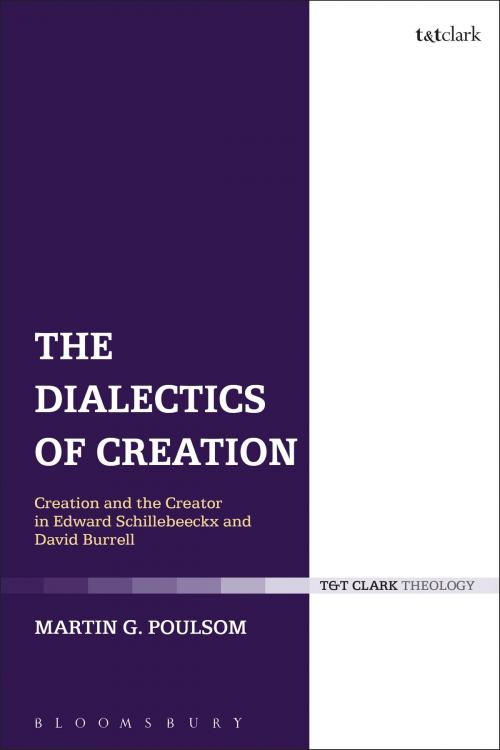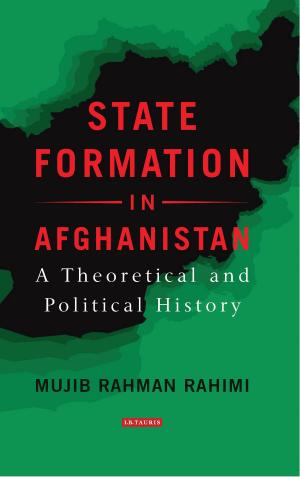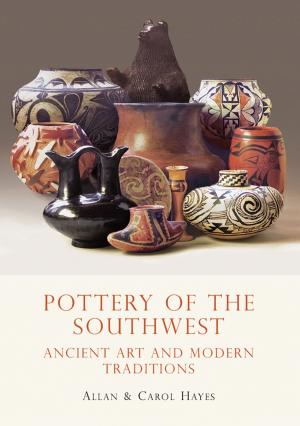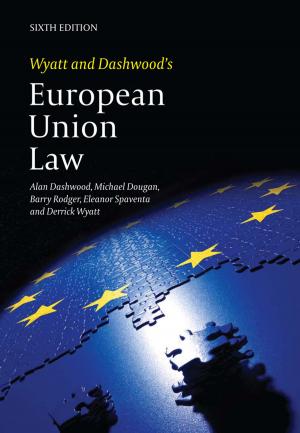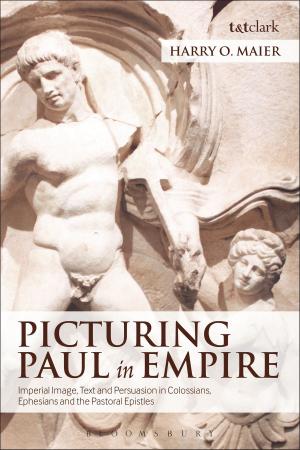The Dialectics of Creation
Creation and the Creator in Edward Schillebeeckx and David Burrell
Nonfiction, Religion & Spirituality, Christianity, Denominations, Catholic, Catholicism, Theology| Author: | Rev Dr Martin G. Poulsom | ISBN: | 9780567018014 |
| Publisher: | Bloomsbury Publishing | Publication: | March 13, 2014 |
| Imprint: | T&T Clark | Language: | English |
| Author: | Rev Dr Martin G. Poulsom |
| ISBN: | 9780567018014 |
| Publisher: | Bloomsbury Publishing |
| Publication: | March 13, 2014 |
| Imprint: | T&T Clark |
| Language: | English |
This book investigates the philosophical components of Christian faith in creation, by analyzing the distinction and the relation between creation and its Creator.The writings of Edward Schillebeeckx and David Burrell supply a terminology of distinction and relation that shapes the discourse, following in the footsteps of Aquinas. Poulsom elucidates the relational dialectic in the thought of Schillebeeckx as a way of thinking about the Creation and offers a helpful comparison with the thought of David Burrell. Relational dialectic is an organizing principle, not only of Schillebeeckx's account of creation, but of his philosophical theology more generally. It can operate as a hermeneutic for his material on praxis and humanism, in a way that resolves some problems noted by other Schillebeeckx scholars. Poulsom's interpretation of Schillebeeckx enriches current approaches to this thinker and offers a significant contribution to thinking on the doctrine of Creation and issues surrounding the 'ontological distinction' which is of major concern in philosophical theology today.
This book investigates the philosophical components of Christian faith in creation, by analyzing the distinction and the relation between creation and its Creator.The writings of Edward Schillebeeckx and David Burrell supply a terminology of distinction and relation that shapes the discourse, following in the footsteps of Aquinas. Poulsom elucidates the relational dialectic in the thought of Schillebeeckx as a way of thinking about the Creation and offers a helpful comparison with the thought of David Burrell. Relational dialectic is an organizing principle, not only of Schillebeeckx's account of creation, but of his philosophical theology more generally. It can operate as a hermeneutic for his material on praxis and humanism, in a way that resolves some problems noted by other Schillebeeckx scholars. Poulsom's interpretation of Schillebeeckx enriches current approaches to this thinker and offers a significant contribution to thinking on the doctrine of Creation and issues surrounding the 'ontological distinction' which is of major concern in philosophical theology today.
